Vietnam: 19 acts of violation arising from enforcement of laws on handling of administrative violations from July 01, 2020
Recently, the Government of Vietnam issued Decree No. 19/2020/NĐ-CP on inspection and sanctioning of violations arising from enforcement of laws on administrative penalties.
Public officials, civil servants and public employees absolutely must not commit 19 violations in enforcement of laws on administrative penalties listed in Decree No. 19/2020/NĐ-CP of Vietnam’s Government, including:
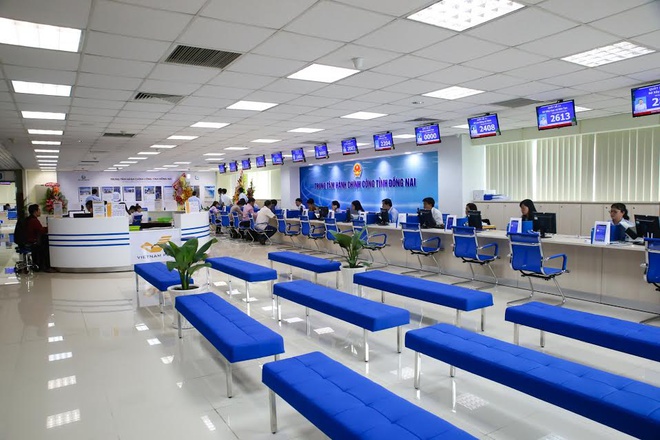
1. Retaining violation cases suspected to have criminal signs so that they must be subject to administrative sanctions.
2. Abusing positions and powers to harass, demand or receive money or property of violators; tolerating violators, screening them from administrative sanctions and constraining them from exercising their rights when imposing administrative sanctions.
3. Failing to sanction administrative violations; failing to apply remedial or mitigative measures or apply administrative sanctions to violators in accordance with law.
4. Sanctioning administrative violations, applying remedial measures or applying administrative sanctions in an untimely, loose or ultra vires manner, or not according to procedures, or not to correct violators, as legally prescribed.
5. Applying sanctioning forms, rates, and remedial measures improperly and incompletely with respect to administrative violations.
6. Making unlawful intervention in the handling of administrative violations.
7. Extending the duration of application of administrative actions.
8. Using administrative fines, interest on late execution of fines, gains from sale or liquidation of confiscated material evidence, means of administrative violations and other amounts collected from sanctioning of administrative violations in contravention of the law on state budget.
9. Forging and falsifying records of administrative violations or documents stating application of administrative sanctions.
10. Providing inaccurate and untruthful information or documents related to the subject matters of the inspection.
11. Illegally intervening in inspection activities, taking advantage of their influence upon persons tasked with carrying out inspection.
12. Opposing and obstructing persons performing inspection tasks, threatening or intimidating persons providing information and documents to inspection authorities or inspection teams, and causing trouble to inspection activities.
13. Revealing information and documents about inspection conclusions even when none of official conclusions are drawn.
14. Failing to carry out inspection conclusions.
15. Insufficiently and inaccurately carrying out inspection conclusions.
16. Failing to monitor, urge and inspect the compliance of sanctioned persons or entities to sanctioning decisions; the implementation of remedial measures by persons and entities.
17. Issuing, on an ultra vires basis, documents on administrative violations; on sanctioning competence, procedures, forms and remedial measures for respective acts of administrative violation arising from state management activities, and administrative actions.
18. Showing lack of responsibility for directing the implementation of inspection conclusions.
19. Failing to settle or promptly settle complaints and denunciations arising from handling of administrative violations.
Thus, from July 01, 2020, if public officials, civil servants, or public employees commit the above violations, depending on the nature and severity of the violation, they may be reprimanded, warned, have their salaries reduced, demoted, dismissed, or forced to resign.
However, acquiring, correcting and proactively relieving consequences by violating public officials, civil servants and public employees constitute aggravating or mitigating circumstances when applying disciplinary actions. The consideration of decisions, aggravation or mitigation with respect to the imposition of disciplinary measures shall also be applied in cases where acts of violations are committed due to objective circumstances or through faults of administrative violators.
View details at Decree No. 19/2020/NĐ-CP of Vietnam’s Government, effective from March 31, 2020.
Thu Ba
- Key word:
- Decree No. 19/2020/NĐ-CP
- Financial support levels for purchasing and repairing of medical equipment for the Economic - National Defense Corps in Vietnam from December 30, 2024
- Latest regulations on management and use of passports for officials and public employees of the Ministry of Finance of Vietnam
- New regulations on the procedures for veterinary sanitation inspection in Vietnam from January 6, 2025
- Procedures for issuing a License for eligibility to operate a nightclub service in Vietnam
- Regulations on conditions for organizing legal knowledge examinations on road traffic order and safety in Vietnam from January 1, 2025
- Responsibilities of competent authorities in testing legal knowledge on road traffic order and safety in Vietnam from January 1, 2025
-
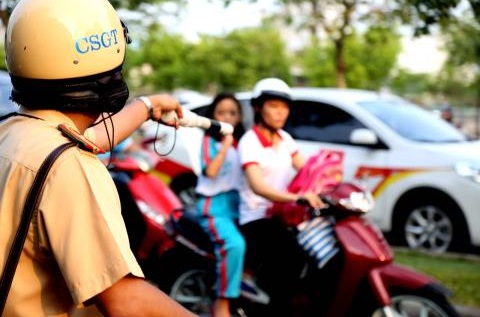
- Vietnam: From July 01, 2020, traffic police asking ...
- 10:55, 02/03/2020
-

- Vietnam: Disciplinary sanctions in the form of ...
- 14:58, 15/02/2020
-
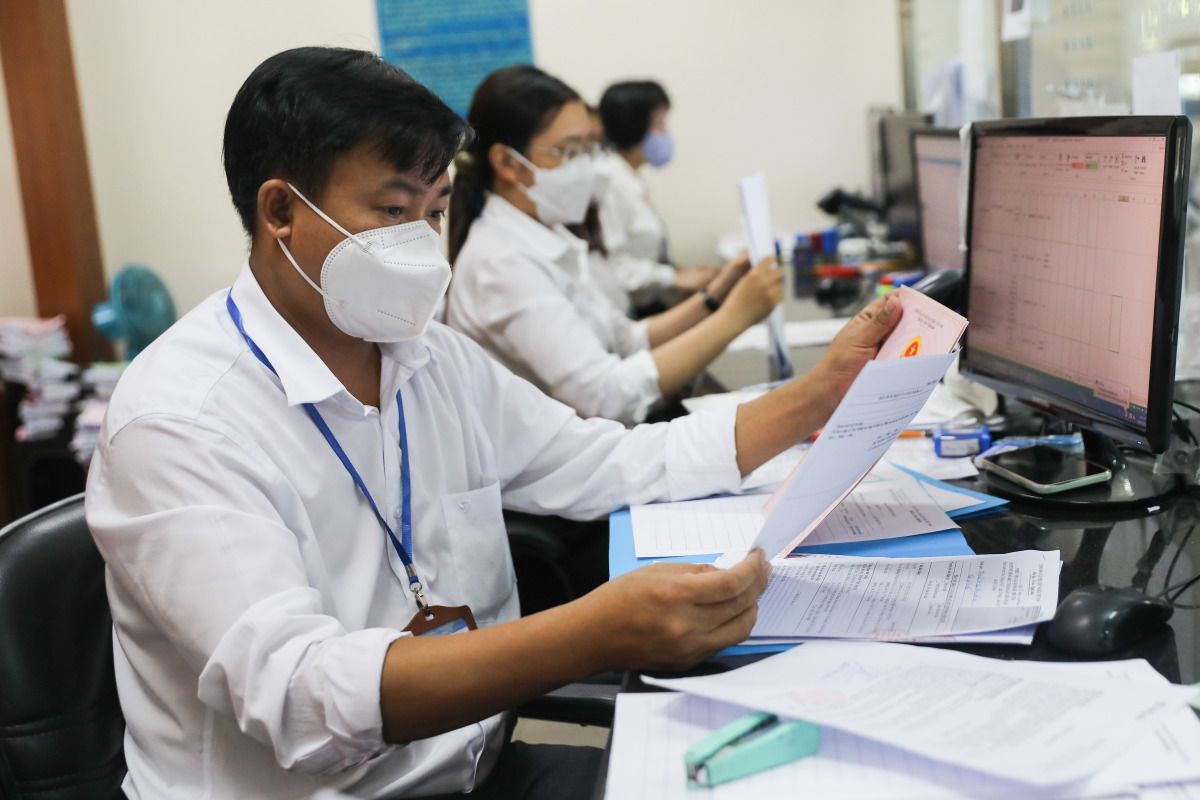
- Vietnam: Disciplinary sanctions in the form of ...
- 15:21, 14/02/2020
-
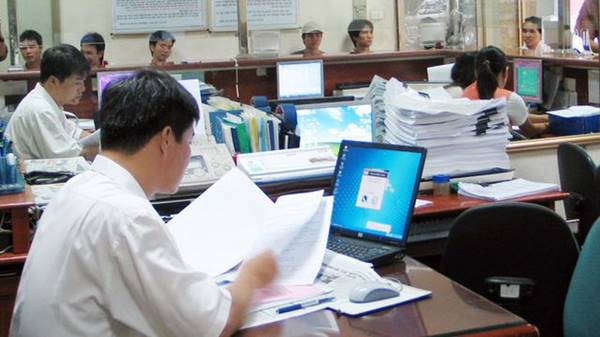
- Vietnam: Guidance on processes and procedures ...
- 14:38, 14/02/2020
-
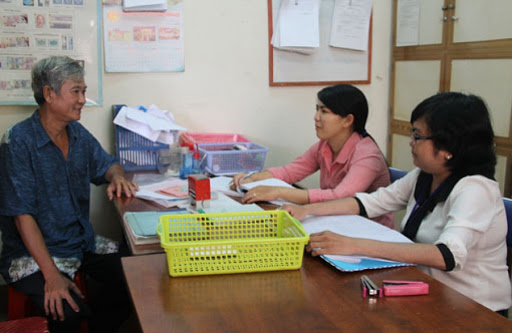
- Vietnam: Officials and public employees screening ...
- 10:26, 14/02/2020
-

- Financial support levels for purchasing and repairing ...
- 09:00, 23/11/2024
-

- Latest regulations on management and use of passports ...
- 08:30, 23/11/2024
-

- New regulations on the procedures for veterinary ...
- 08:00, 23/11/2024
-

- Procedures for issuing a License for eligibility ...
- 19:00, 22/11/2024
-

- Regulations on conditions for organizing legal ...
- 18:30, 22/11/2024
 Article table of contents
Article table of contents
